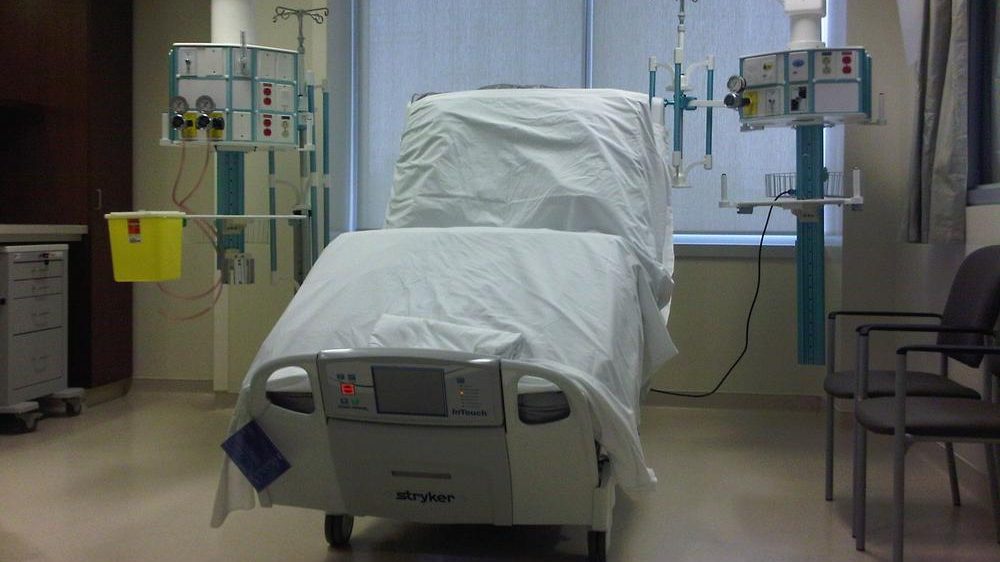US willing to increase sanctions on Nicaragua

Posted May 5, 2020 03:40:26 PM.
Last Updated May 5, 2020 03:46:27 PM.
MANAGUA, Nicaragua — The United States government said Tuesday it is prepared to step up pressure on the administration of Nicaragua President Daniel Ortega and applauded sanctions announced a day earlier by the European Union against six government officials.
The comments came in the midst of the COVID-19 pandemic, which Ortega’s government has made little move to confront. The minuscule number of coronavirus cases acknowledged by the government are widely believed to be a dramatic undercount and international health organizations have urged the government to be more proactive.
Deputy Assistant Secretary Jon Piechowski, in the U.S. State Department’s Bureau of Western Hemisphere Affairs, said, “When the authorities deny public data, it is even more difficult to know how the pandemic is.”
He noted that the U.S. government has already sanctioned 18 people tied to the government, including Ortega’s wife, Vice-President Rosario Murillo, and two of their children, and six public entities, including the National Police. “We are open to increasing the pressure, applying more sanctions not only on individuals linked to Ortega, but also entities that facilitate the repression,” he said.
The government violently put down street protests that began in April 2018 and accused those who participated of attempting to overthrow the government. Murillo appeared to allude obliquely to the European Union’s sanctions in an address Tuesday as “the pandemic of hate” pushed by “empires that have built themselves on the deaths of thousands of people.”
Nicaraguan children continue attending school and the country still holds sporting events and other mass gatherings. Ortega has tried to block parallel citizen efforts aimed at providing information about the virus outbreak.
“We have not finished and we will not finish with the measures we have until we see concrete steps on the part of Ortega,” said Piechowski, who listed freeing all political prisoners without conditions and electoral reforms.
Gabriela Selser, The Associated Press










